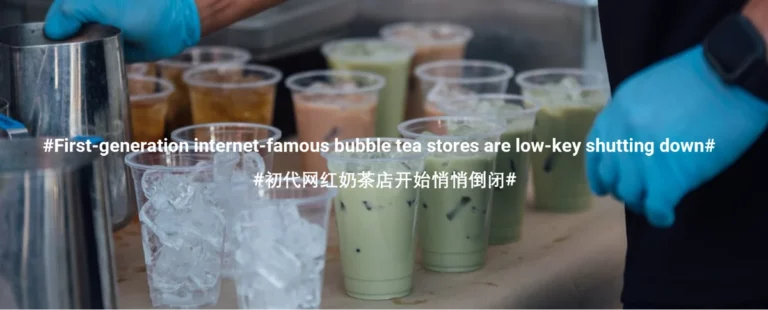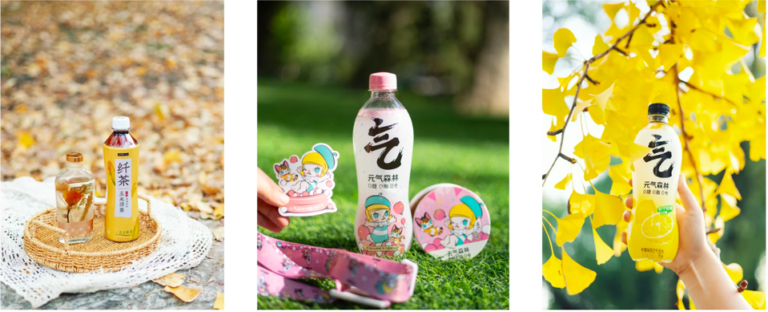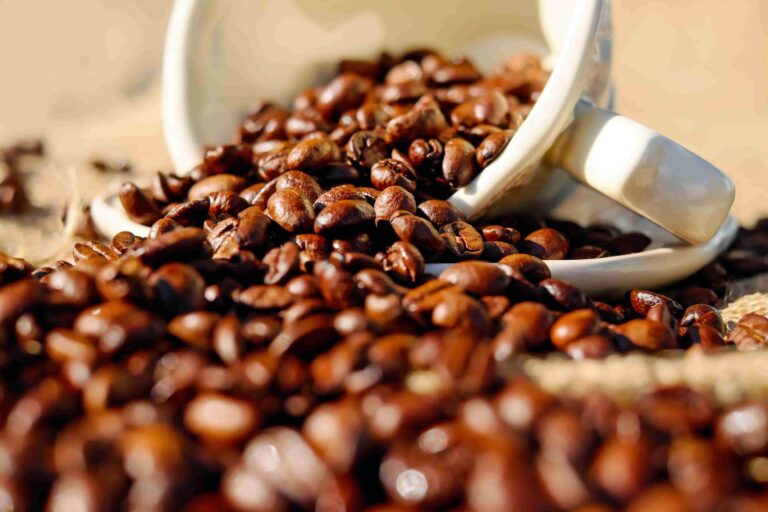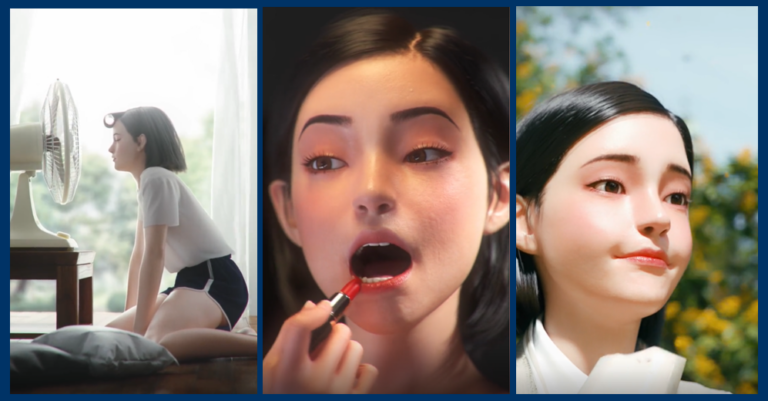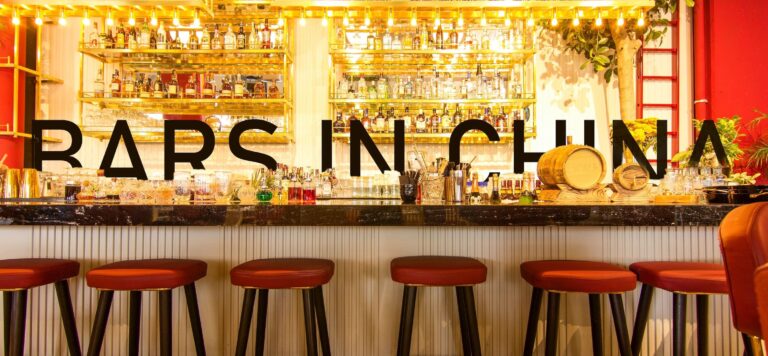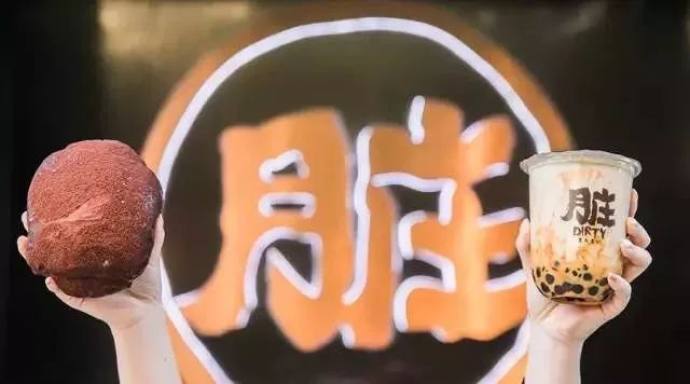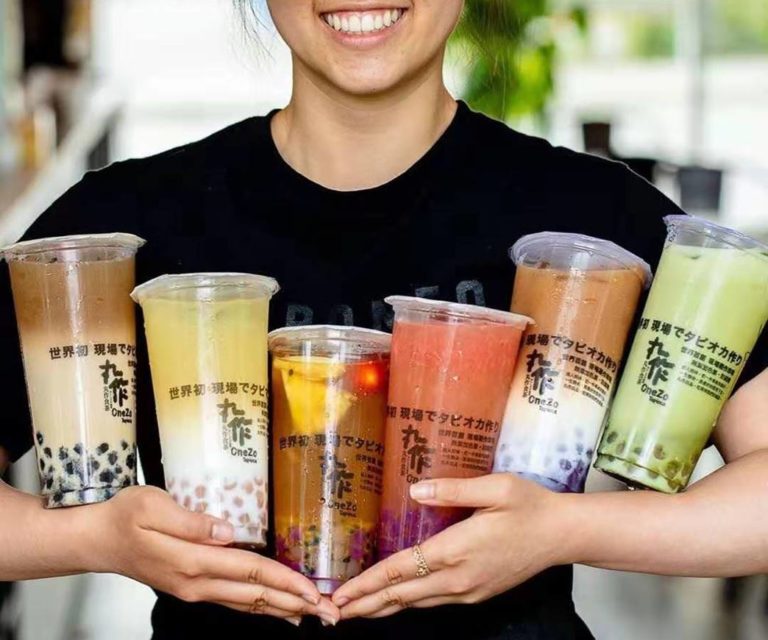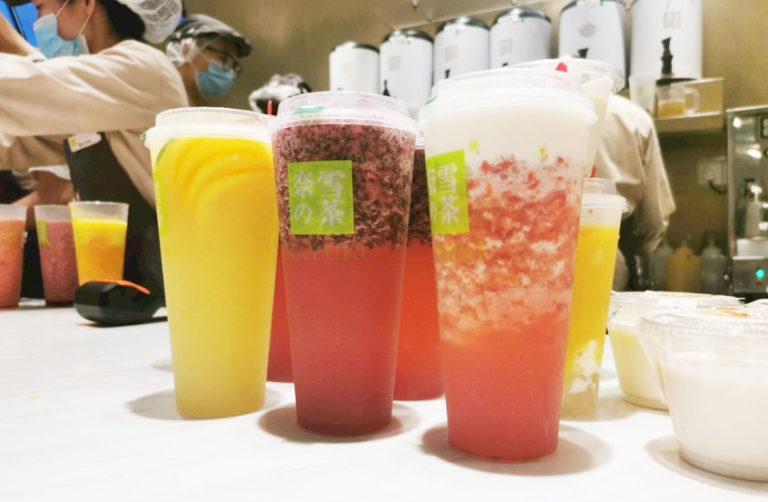
The success of Nayuki, the Chinese new-style tea store going global
In contrast to the downfall of the Chinese coffee-based beverage company Luckin Coffee, China’s new style tea market did not cease to expand during the pandemic which caused major economic recessions across the globe. Nayuki, A local Chinese new style tea company, announced its new round of funding this June, which was a nearly 100-million-dollar investment. As of March 2018, the valuation of Nayuki was approximately 6,000 million RMB. According to the white papers for


